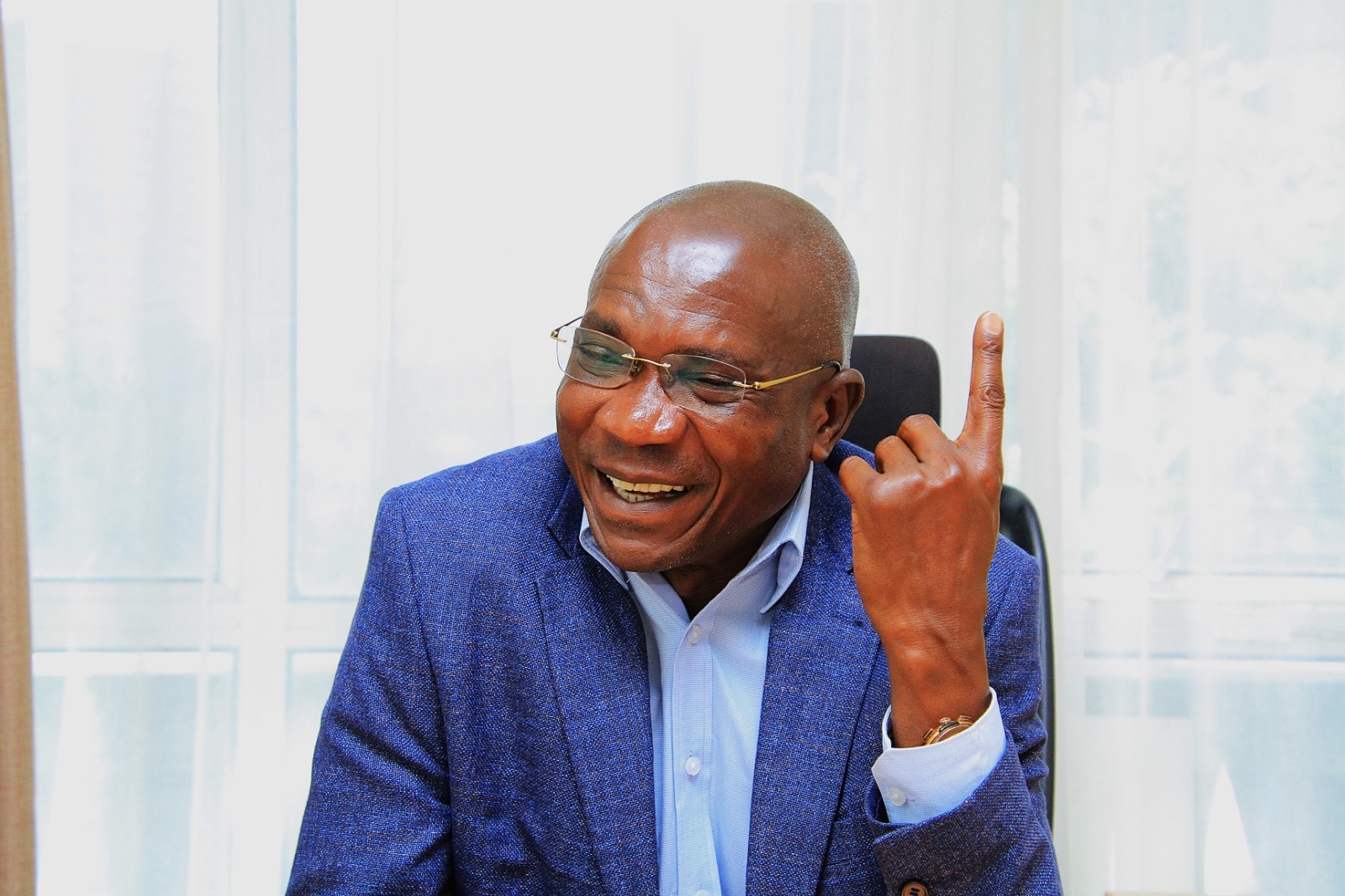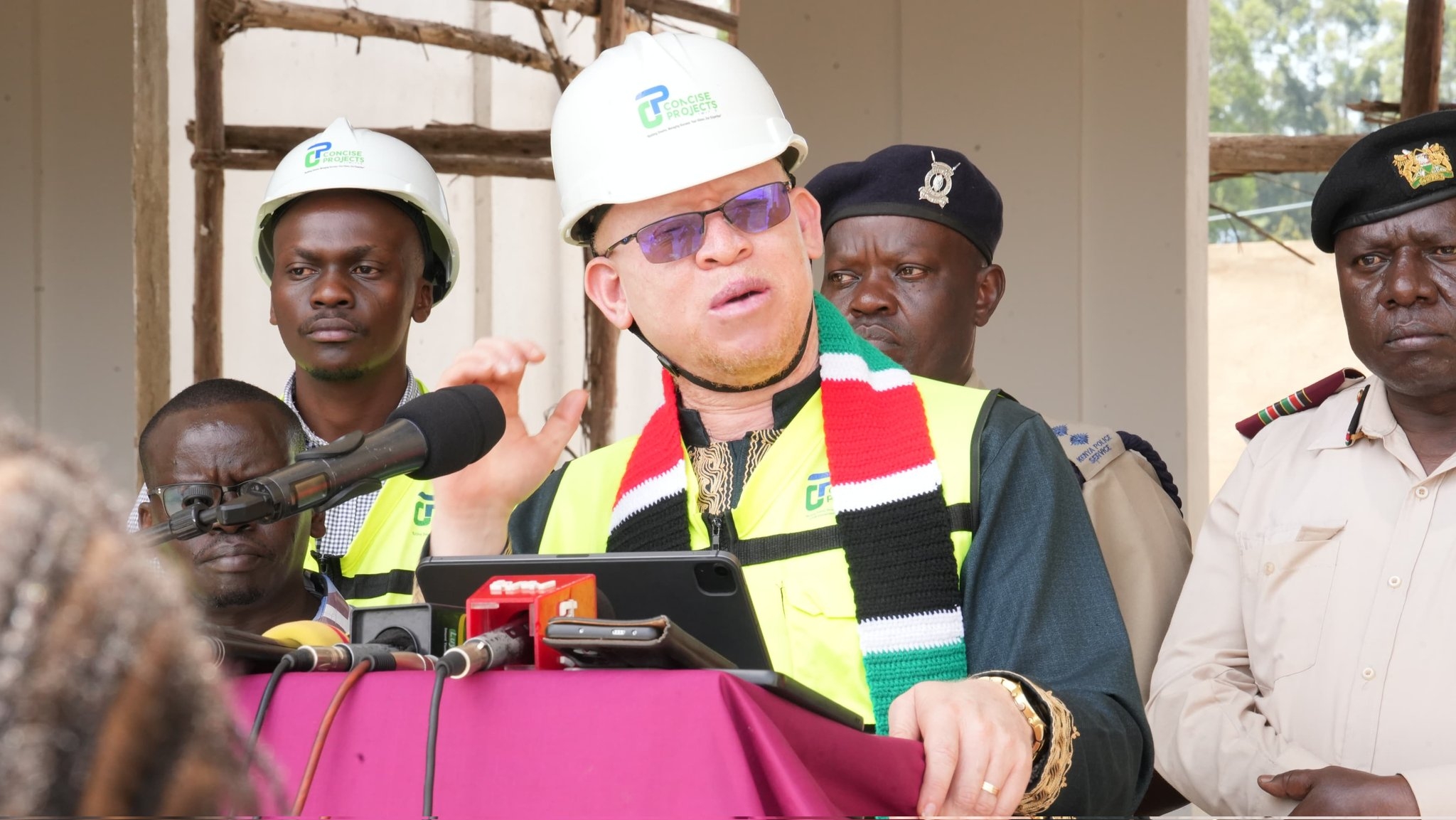Counties have agreed to redistribute HIV-Aids drugs among themselves to address a biting shortage
The decision followed a consultative meeting held on Monday between county governments and the Global Fund.
The meeting had been convened to deliberate on ways of how the Global Fund could help counties control HIV-Aids in the wake of Covid-19 pandemic.
Council of Governors chair Martin Wambora said counties with high stocks of antiretroviral drugs will redistribute them to those facing severe shortages.
“We thank them for this consideration and being the brothers' keeper,” Wambora told a press conference in Nairobi.
However, Wambora did not name the counties that have high stocks of ARV or counties with severe shortages.
Three counties in Nyanza region (Siaya, Homa Bay and Kisumu) have the highest HIV prevalence in the country. Together, the counties account for 27 per cent of all patients on ARVs and 31 per cent of estimated unmet need for antiretroviral treatment.
The country is facing an acute shortage of ARVs following a standoff between the government and donor agencies.
The shortage was caused by a tax row between Kenya and USAID, which avoided Kenya Medical Supplies Agency and shipped ARVs and test kits through a private US company, Chemonics International.
However, the standoff was resolved and the drugs are being distributed to health facilities.
On Monday, National Treasury CS Ukur Yatani told a committee of the Senate that consultations with the USAID established that the drugs were imported to Kenya without a formal engagement framework.
“To facilitate clearance, the drugs were consigned to the American Embassy as a stopgap measure to save the situation pending the conclusion of the formal engagement framework,” he explained.
Yatani regretted that HIV response in Kenya is largely dependent on external resources.
On Wednesday, Wambora said county governments will prioritise a long-term solution in financing HIV-Aids, TB and malaria response through domestic financing and increasing resources to the programmes.
“The Council of Governors will engage the Ministry of Health to fast-track the release of the pending products for HIV-Aids stuck at the Port of Mombasa,” he said.
Wambora further said counties pledge to ensure that services will be delivered promptly to persons living with HIV-Aids and affected by tuberculosis and malaria.
He further said all counties will ensure withdrawal of obsolete regimens such as Nevirapin from their facilities.
The government has since said it will engage the private sector to agree on the necessary incentives required to facilitate local manufacturing of drugs
Health CS Mutahi Kagwe has asked MPs to provide legal framework to ring-fence funding for programmes aimed at fighting the three diseases.
"HIV-Aids commodities are mainly funded by three agencies, the Government of Kenya, the Global Fund and USAID. The funding from Global Fund and USAID are grants and together they fund more than 80 per cent of HIV commodities,” he stated.
During the 2018-21 period, the Global Fund grant allocated about $310 million (Sh31 billion) to the government. HIV grant was Sh19.2 billion, Sh7 billion for malaria and Sh4.6 billion for TB.
-Edited by SKanyara
















